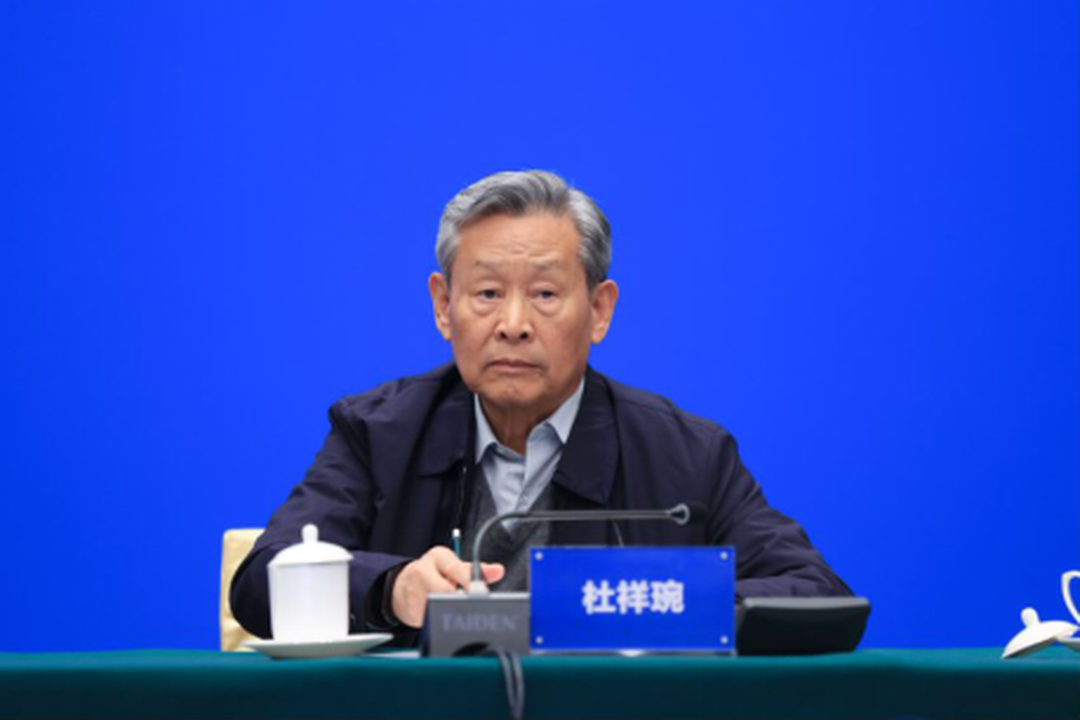
Du Xiangwan, academician of the Chinese Academy of Engineering, and Chairman of the State Council's Pilot Expert Committee on the Construction of "No Waste Cities", believes that energy conservation is the top priority for China's energy strategy which involves green and low-carbon energy, and is also the key to safeguard the supply and demand of national energy security as well as energy environment security. The three pillars of China's green and low-carbon energy strategy include: firstly, giving priority to energy conservation and improving energy efficiency; secondly, efficiently using coal and oil to increase the proportion of natural gas; and thirdly, developing non-fossil energy (renewable energy and nuclear energy) that is both high-quality and a large proportion of the energy structure. Improving energy efficiency is the basic goal of an advanced energy system.
During the 11th Five-Year Plan and the 12th Five-Year Plan period, the country eliminated outdated production capacity, including 170 million tons of steel making, 1.03 billion tons of cement, 210 million tons of iron making and 100 million kilowatts of coal and electricity, Du said. In the last 20 years, China's total energy saving has accounted for 1/2 of the world's total energy saving, but the total efficiency of the entire energy system in China remains unbalance. The energy consumption per unit of GDP is still on the high side, meaning that it is still 1.5 times the global total. Additionally, China's energy consumption from building accounts for a third of the total energy consumption. Plus the whole process of energy consumption,accounts for half of the energy consumption of society used in building. So energy conservation and the energy efficiency are still systemic issues in China's energy system.
"What does energy conservation depend on?" Du Xiangwan proposed:
Firstly, changing the mode of development is fundamental, and we should respond to the new norm with new ideas and ways of thinking. Secondly, the industrial structure needs to be further optimized, the high-energy consumption industries should not continue to be expanded. Thirdly, besides improving the industrial structure, it is still very important for technological progress to save energy and improve efficiency. Our 13 kinds of industrial key products, have the potential of saving the energy equivalent to about 330 million tons of standard coal each year.
On energy-saving efficiency and emission reduction, Du Xiangwan proposed that the development of intelligent distributed energy is of great significance to energy-saving efficiency and emission reduction, especially in eastern China, which is the main energy-consuming area or load zone in China. This cannot only improve the structure of the national energy itself, but also optimize the national energy spatial pattern. It is beneficial to the security of energy supply and demand and environmental energy. "Because renewable energy is entirely under control, the larger the proportion, the more secure it will be. Energy security is about more than oil and gas, it is also about the environment", Du Xiangwan explained.








